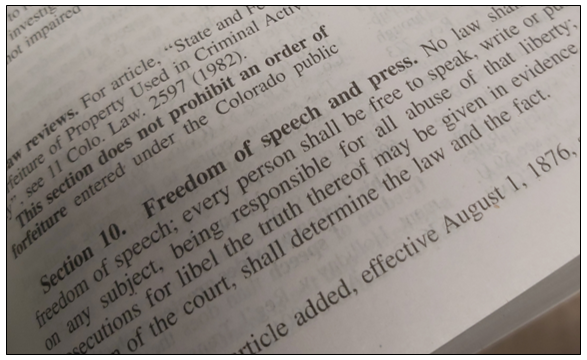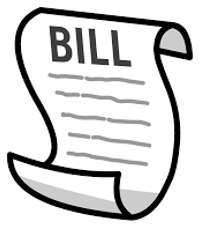Automatic Rule Changes During the Last Days of Session
Editor’s note: This article was originally posted on April 18, 2019. This version has been updated where appropriate. by Julie Pelegrin On May 9, legislators, legislative staff, lobbyists, and capitol […]


